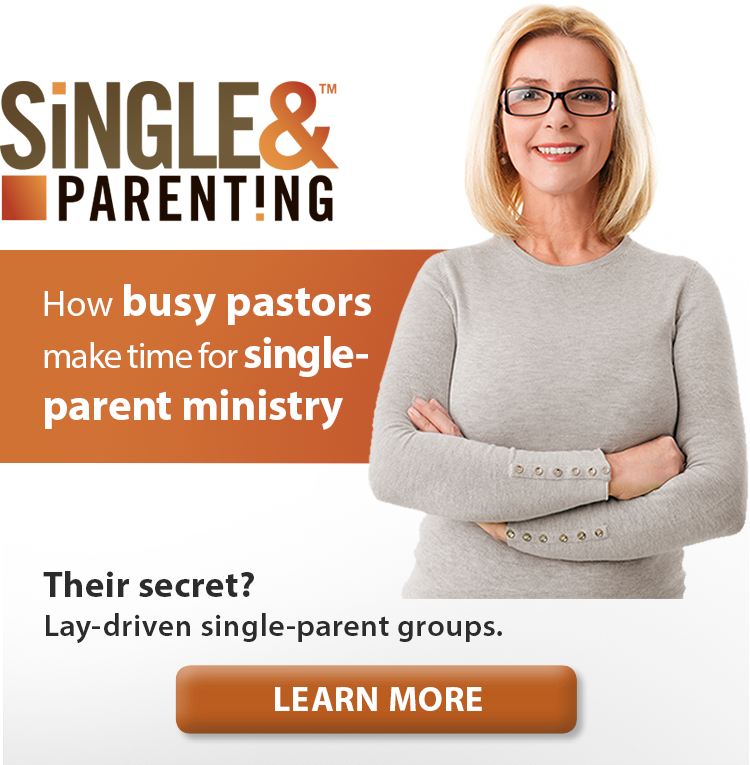
Sometimes an older teen will be so out of control that drastic steps are needed. Should you advise the parents to kick out their child? What other options are there?
Dr. Jim Newheiser, pastor at Grace Bible Church in Escondido, CA, and Dr. Bob Barnes, president of Sheridan House Family Ministries, a residential treatment program for teenagers in Fort Lauderdale, FL, respond to common concerns that you may hear parents voice.1 Dr. Newheiser also speaks from his own experience of having a rebellious teenage son who got involved in some sinful and dangerous activities.
Common concerns of parents:
“I can’t force my child to make right choices.”
Dr. Newheiser: The parents are responsible to enforce God’s standard inside their own homes. They have the right to make sure their child’s not using the Internet for porn, that he’s not bringing a girlfriend to the house, that he’s not abusing substances. Those are conditions of living in their home. [However], the parents are not ultimately responsible for the choices their kids make. The distinction would be that even if the parents make every effort to control their child’s behavior, once he’s a young adult he can get out of the house; he can find drugs; he can have sex; the parents can’t chain him to his room.
“I don’t have the time or the energy to handle this.”
Dr. Newheiser: When the parents realize they’re dealing with a rebellion, it takes an immense amount of effort to stay on top of the situation. Parents have to give up their time and their freedom, but also realize the time to deal with this is typically very short when this happens. In perspective of the rest of the child’s life and the rest of their life, they may have a matter of months, or a year or two—a crucial time where they really have to protect their child from these evil influences.
“The consequences I’m giving him aren’t working. What else can I do?”
Dr. Barnes: There are times when all services need to shut down. Parents need to tell their child, “I love you very much, but you’re treating me like a maid right now and I’m not here to be your maid. Until we can sit down at this table and talk through what the boundaries are, services are closed. You can make your own food and do your own laundry.”
Dr. Newheiser: Parents must take whatever action is necessary. If it means changing schools, if it means he’s never out of their sight at the mall, they have to control the behavior that’s wicked with all the power and the tools they have. Because my son had lost our trust by being deceptive and doing things that were clearly against biblical standards and our family standards, he was on a short chain either to my wife or myself for a couple of years. We had to really restrict him from the friends and the influences that had been dragging him into evil to protect him from things that were clearly very wrong.
“Should I call the authorities on him?”
Dr. Newheiser: If the child is committing crimes, then one option would be simply to let the system, including juvenile hall, bring the consequences for his crimes that he deserves rather than trying to keep getting him out of it.
Dr. Barnes: If the child has reached the point where he is doing something illegal, I’d call the police. And when the child says, “I can’t believe you did that to me,” [the parent can rightly respond], “No, you did that to you. I had no options, for your safety, for your future, for this house. When you brought that into our home, you called the police.”
“Is it right to kick my child out?”
Dr. Newheiser: If the child is eighteen or older, the parent has the right to kick the child out of the house. I know some parents have a really hard time doing that, but if that child is committing evil under their roof and is harming others, then it’s his choices that have driven him out of the house, not theirs.
The reason the Lord gives [Deut. 21] is that it’s to protect the other people in the family so that there wouldn’t be a corrupting influence. That one child, in a large family, who is into drugs and immorality and crime, can have that influence on others. A situation could be so awful it would be better for the family if that child be removed to save the rest.
“If I put him out of the house, where would he go? What if he’s a minor?”
Dr. Newheiser: In the case of a minor child still living in the home, legally the parents are obligated to provide him with food, clothing, and shelter, but that doesn’t mean it has to be fancy clothes, fine food, and in their house. [One option is to send him to live with a relative or other adult who will follow through with well-defined boundaries, conditions, and love. For more information on this idea, read How to help church members who take in a rebellious teen relative.]
In our book When Good Kids Make Bad Choices we have an appendix of children’s homes and children’s ranches for out-of-control or incorrigible kids, and military schools, as kind of a last resort for parents. These places have had an amazing record of success, at least in getting external control of these kids in terms of making them do their work and an environment of strong discipline. It also brings relief to the family. That would be a last resort. I would say before a family gets to that point, they ought to incorporate other resources, including the resources of the church and family and friends to try to bring the situation under control.
“I’m afraid my child will never come back.”
Dr. Newheiser: Like the biblical story of the prodigal son, I’ve seen cases where young men, especially, and young women who’ve been kicked out of the house at eighteen, nineteen, they went out into the world, found it wasn’t so great out there, had a hard time, and then the Lord brought them home.
Concluding remarks
Obviously, not every child returns home. That’s what makes the question of how to advise a parent whose teen is completely out of control a difficult one. And, as you can see, how you respond depends on many factors. This article is meant to provide guidance and suggestions.
What suggestions do you have for other pastors reading this who are facing similar situations?
Sign up for your FREE newsletter!
Footnotes:
- Church Initiative interviews with Jim Newheiser, June 2010, and Bob Barnes, August 2010.


